Scientists created flexible probabilistic bits from custom polymers, offering a new, energy-efficient path for AI and machine learning using classical physics.
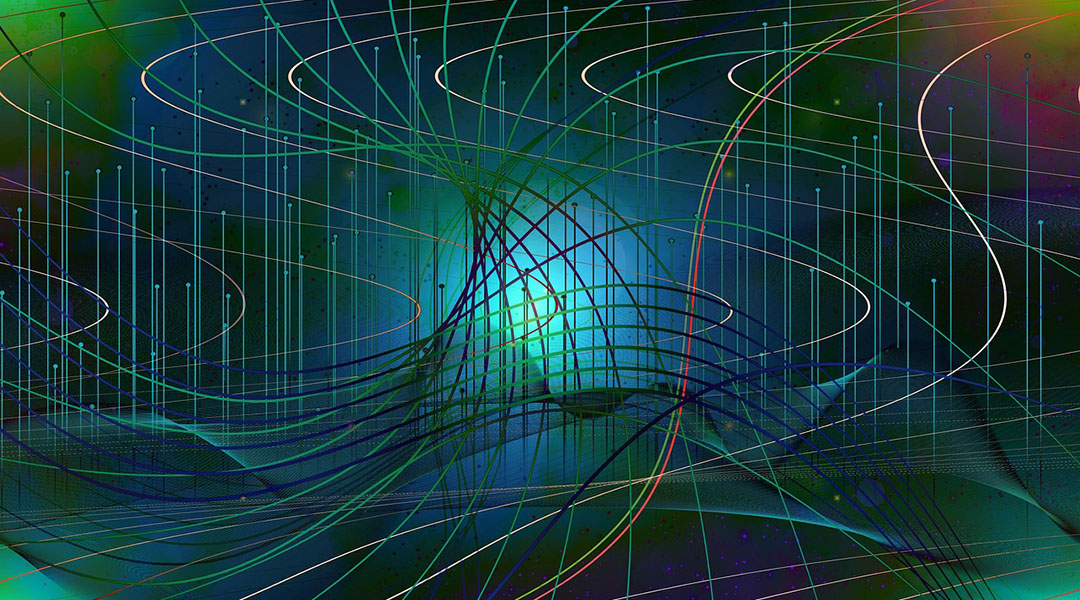

Scientists created flexible probabilistic bits from custom polymers, offering a new, energy-efficient path for AI and machine learning using classical physics.
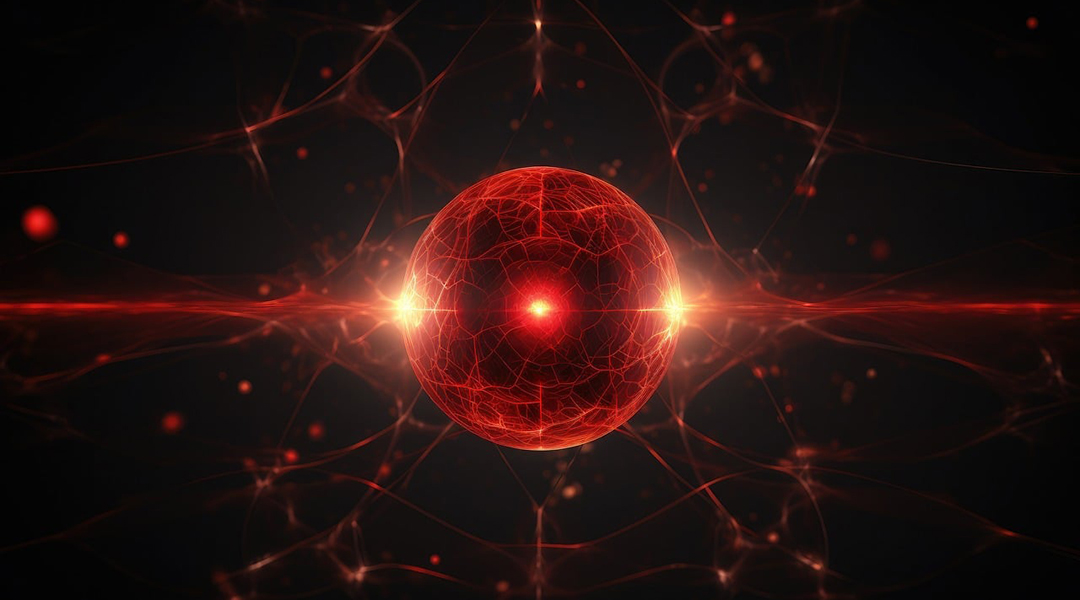
When the light absorbers are made very small, almost all the device performance metrics improve—but doing this is easier said than done.
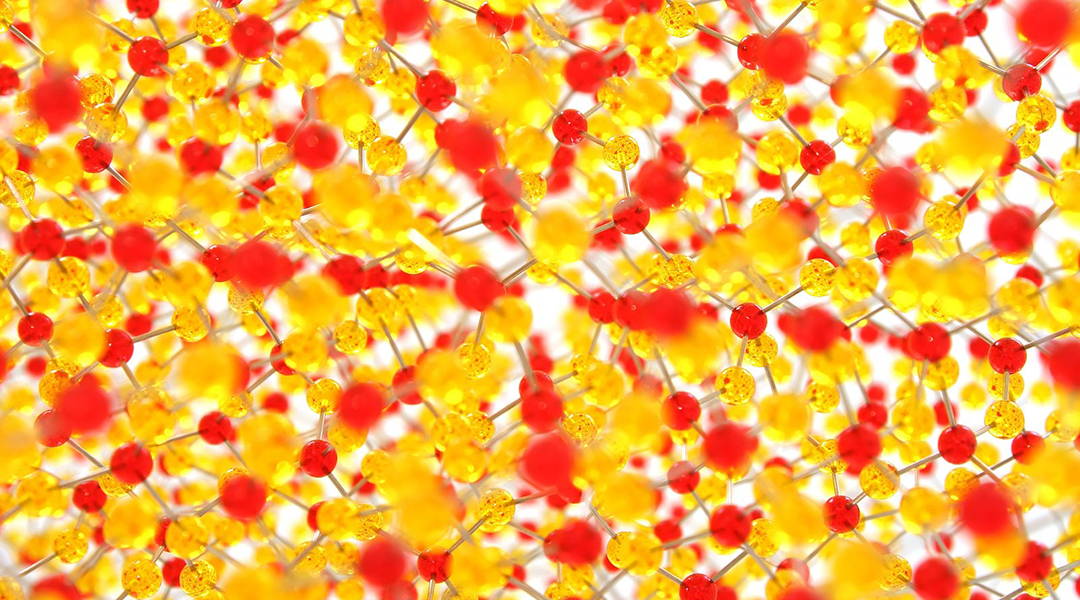
An Ising machine built on lattice defects solves problems faster than conventional computers without the drawbacks of quantum systems.
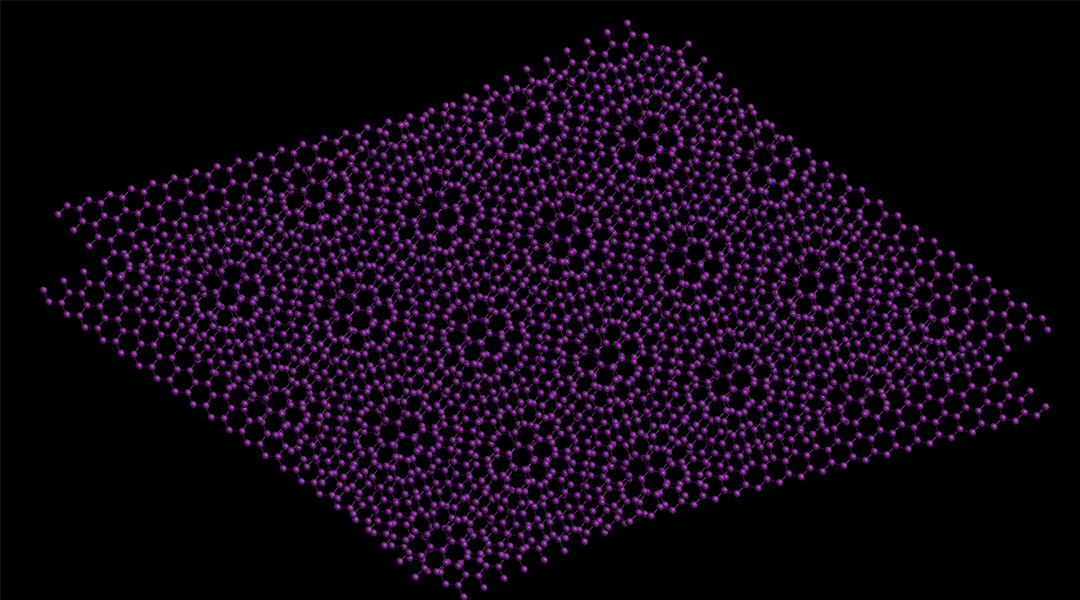
“Magic angles” in twisted bismuth bilayers could induce superconductivity at more reasonable temperatures.
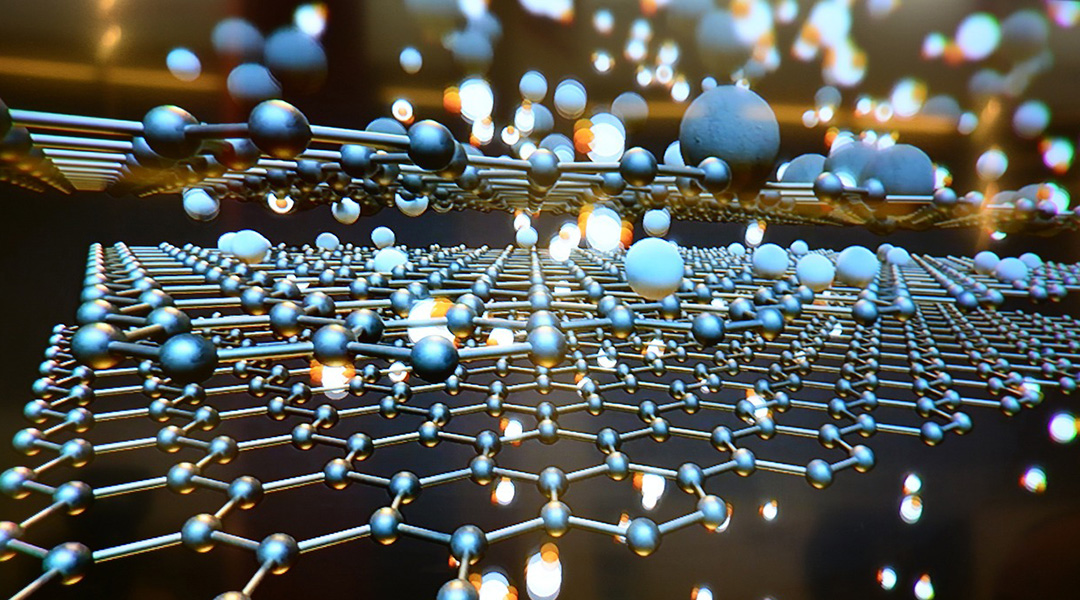
A new hybrid graphene incorporates new elements to help make the material magnetic for applications in electronics and computer science.
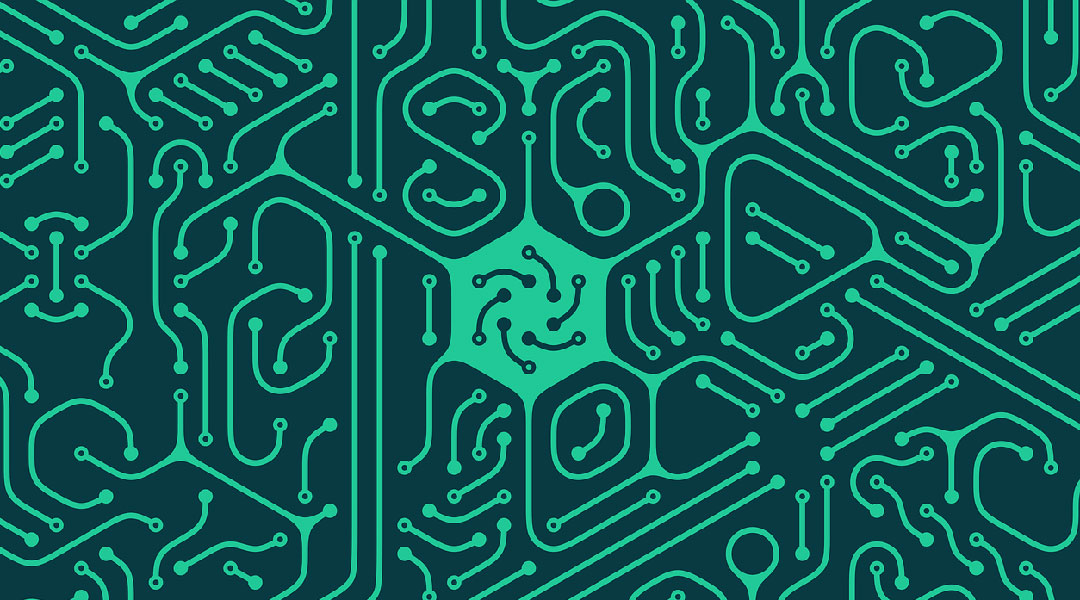
Computers based on memristors promise significant energy savings and improved accuracy in large-scale computing.

Scientists achieve a decade-long goal, perfecting the combination of attosecond pulses of light with electron microscopy to study matter.

Machine learning unravels the secrets of the Gaudin model, paving the way for improved quantum technologies and a deeper understanding of quantum behavior.

Promising candidates for efficient future electronics, researchers are exploring these exotic materials for better computer memory, hard drives, even quantum computers.